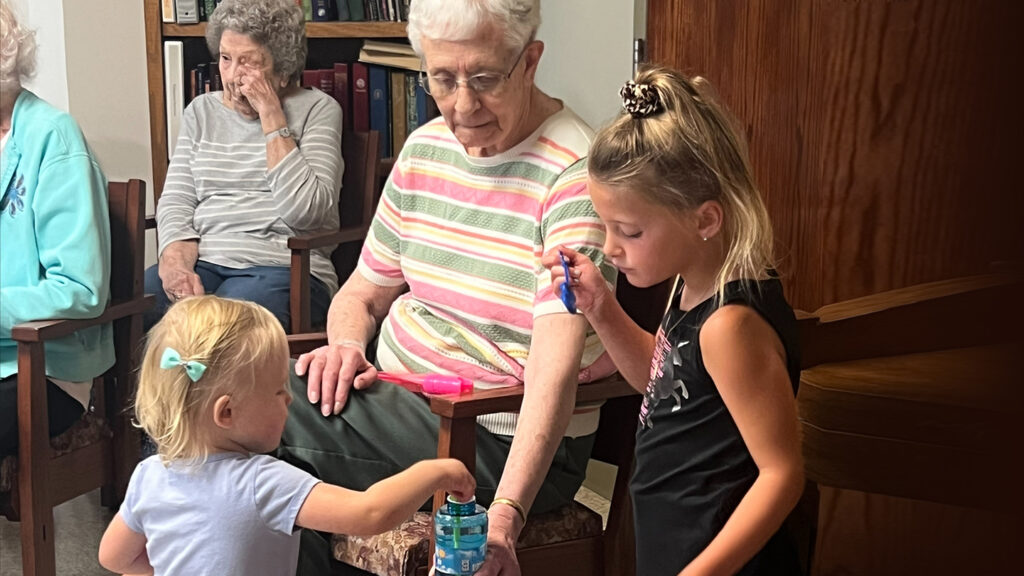

Even though COVID-19 lockdowns are a thing of the past, older adults are still staying home and socializing less, according to research.
A team from University of Colorado Boulder found that 59.1% of older adults spend more time at home and don’t socialize in public places as much as they did before the pandemic. People say they’re staying in more because they’re afraid of getting sick and they think there are more hostile social dynamics in society.
The most recent report, published in February 2024 in Wellbeing, Space and Society, shared data from 1,630 people collected in 2022; the mean age of participants was 67.9 years old.
“The pandemic is not over for a lot of folks,” Jessica Finlay, PhD, an assistant professor of geography, said in a statement published April 9. “Some people feel left behind.”
Data in the report was based on monthly surveys from almost 7,000 people over the age of 55 from all 50 states as part of the COVID-19 Coping Study. Since its start, the team has checked in yearly.
A report in Wellbeing, Space and Society taken about two years ago found that 60% of respondents said they spend more time in their home while 75% said they dine out less. Some 62% said they go to cultural and arts venues less, and more than half said they attend church or the gym less than before the pandemic. A spring 2023 survey showed similar trends. More than half of respondents still reporting that their socialization and entertainment routines were different than they were pre-pandemic.
Many respondents said they were afraid of getting infected with a virus or infecting others, and a lot said they felt “irresponsible” if they were around crowds.
It’s not all bad news, at least for some of the older adults surveyed. About 11% said they exercise more outdoors since the pandemic. And 6.9% of people started going more socially since then.
“For some older adults who live alone, that brief, unplanned exchange with the butcher or the cashier may be the only friendly smile they see in the day, and they have lost that,” Finlay said.
Finlay hopes that her research encourages lawmakers to consider spaces more approachable for people of all ages who are worried about getting sick. Venues like outdoor dining spaces and ventilated event spaces may help more people get out and experience the benefits of gathering.”It is a privilege to be able to ‘just get over’ the pandemic and many people, for a multitude of reasons, just don’t have that privilege. The world looks different to them now,” she said.




